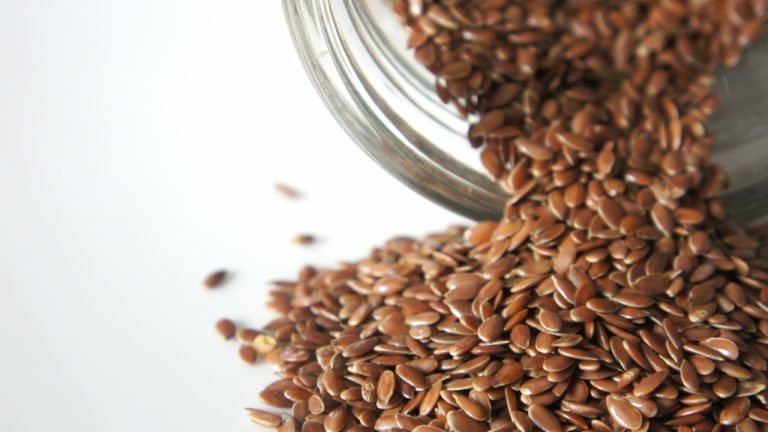Vitamin-B12

Vitamin B12 plays a key role in many aspects of health and may support bone health, red blood cell formation, energy levels, and mood. Eating a nutritious, well-rounded diet or taking a supplement can help ensure you’re meeting your needs.
Symptoms of vitamin-b12 deficiency
Paleness or yellowness of skin burning sensation in hands or feet
Irritability, feeling depressed
Confusion, forgetfulness
Sore mouth and tongue
Weakness, tiredness, or lightheadedness
Heart palpitations and shortness of breath
A smooth tongue
Constipation, diarrhea, loss of appetite, or gas
Nerve problems like numbness or tingling, muscle weakness, and problems walking
Vision loss
Mental problems like depression, memory loss, or behavioral changes
Sources rich in vitamin b12
Yogurt
Low-fat milk
Eggs
Soymilk and Almond milk
Fortified cereal
You can get vitamin B12 in animal foods, which have it naturally, or from items that have been fortified with it.
Animal sources include dairy products, eggs, fish, meat, and poultry. If you’re looking for food fortified with B12,
How much vitamin B12 do I need?
Adults (aged 19 to 64) need about 1.5 micrograms a day of vitamin B12.
If you eat meat, fish, or dairy foods, you should be able to get enough vitamin B12 from your diet.
But as vitamin B12 is not found naturally in foods such as fruit, vegetables, and grains, vegans may not get enough of it.



